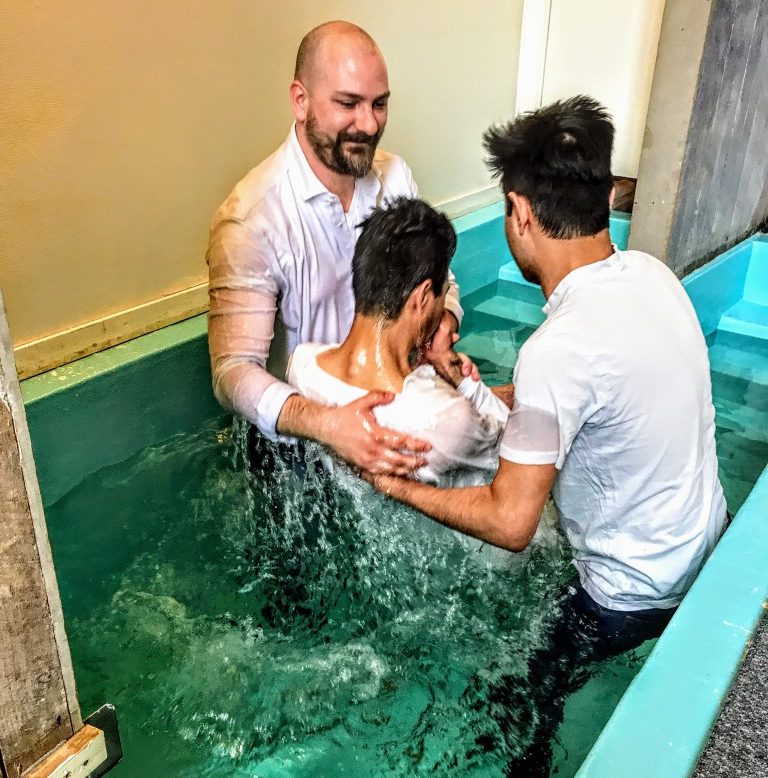Category: Migration
-
Is identity fixed?
One of the interesting factors in the immigration debates that take place around Europe is how common it is that we end up making identity seem like something that is set in stone. Whoever you ask what it means to be Muslim, or what it means to be Swedish, they will usually describe something that…
-
The one who got sent back
In my last post I mentioned the young men I spoke to who had converted to Christianity within the Church of Sweden. What I failed to mention was one young man, Amir*, who converted to Christianity, was then deported, but returned to Sweden a second time in order to seek asylum. Amir had lived in…
-

Why are our migration officers “religiously illiterate”?
A recent op-ed by a theologian in one of Sweden’s largest newspapers describes the “religious illiteracy” with which the migration office here addresses the cases of asylum seekers who have changed religion since arriving in Sweden. He argues that as a country which has religious freedom enshrined in its laws, and a high value for…
-
The agency of refugees
I wrote previously about two narratives that undermine the way in which we look at refugees: that they deserve help because they might be the next Steve Jobs, and that they should be viewed primarily as victims. In this post I will point out why recognising and celebrating the agency of refugees could be beneficial…